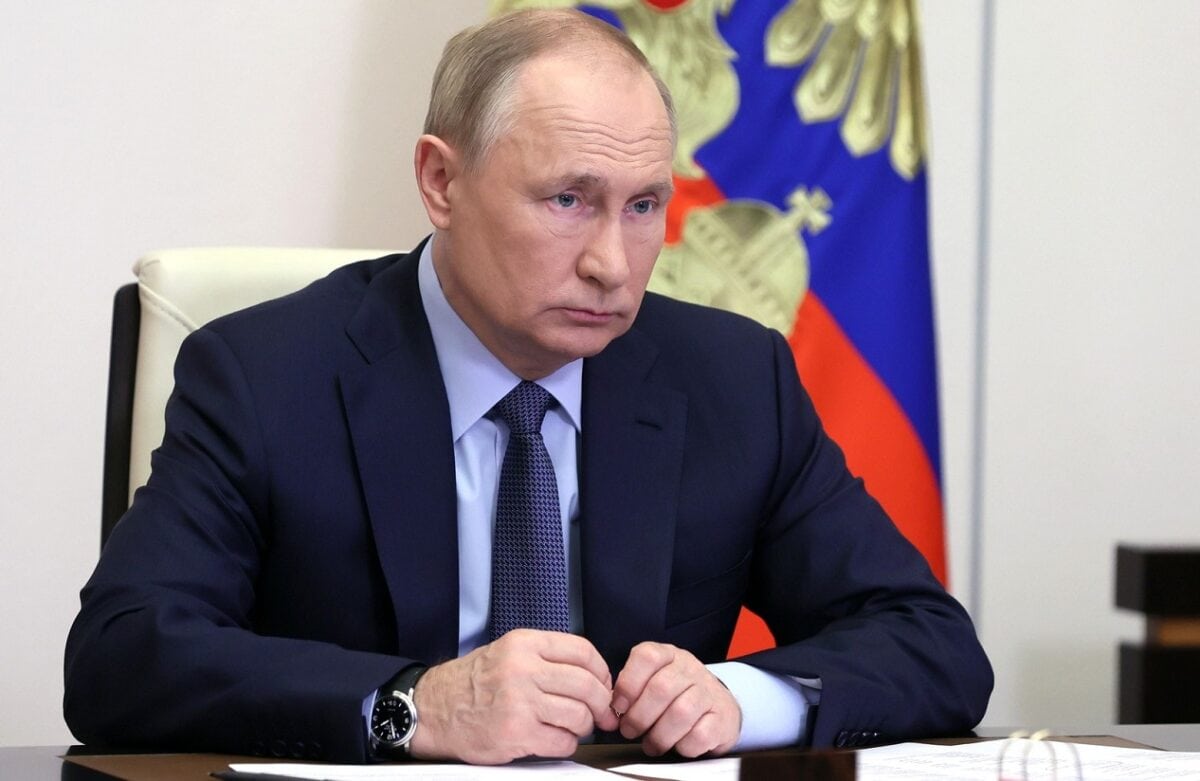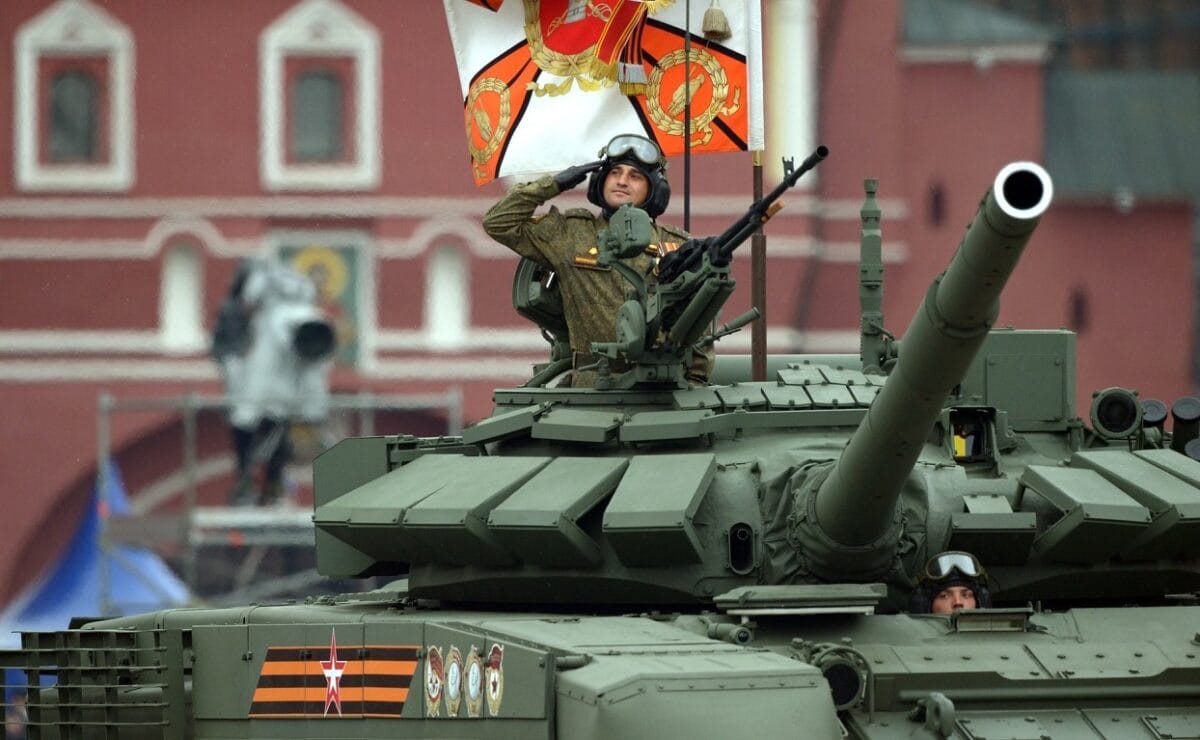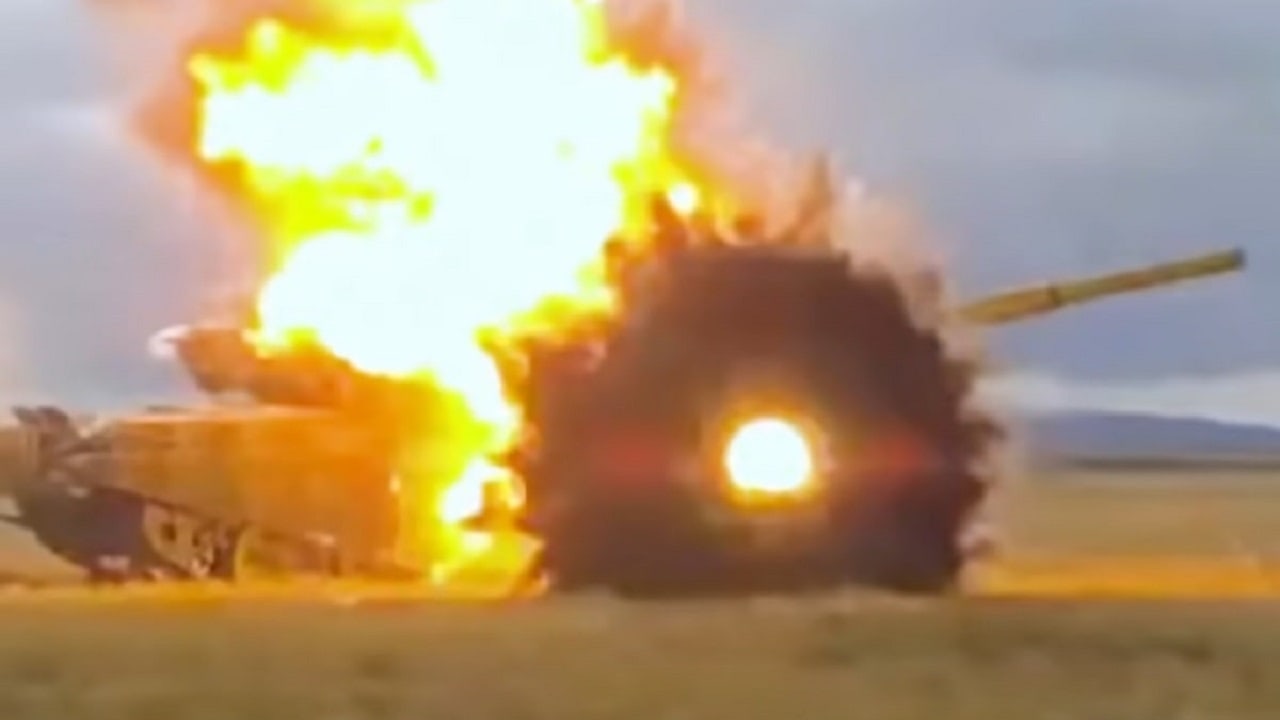Europe’s Post-Ukraine War Prospects are Good – The Ukraine war is a terrible tragedy. Ukraine is suffering terrible humanitarian and material costs. Russian war crimes rival those of harsh paramilitaries like the Mano Blanca during the Cold War. Russia is being isolated from the world. The economic impact of the war will be felt globally. But there is a bright spot: the war is going about as well as can be hoped for a middle power like Ukraine, and when it ends, Europe will safer and more secure.
This is not to say that the West should let up. It should not. We should continue to support the Ukrainians against Putin’s brutality. But the war is going terribly for Russian President Vladimir Putin. That is good for the cause of democracy and liberalism and European security after the war finally ends.
Ukraine is Winning, and that is Good
Our knowledge of battlefield events in Ukraine is more limited now than in the early days of the war. At the start, Ukraine pushed out a great deal of information to sway world opinion. Russia’s offensive was also sloppy and undisciplined, unintentionally providing a lot of (negative) information. This tightened up in recent weeks. Russian messaging has improved, and the war has narrowed to one front – Donbas.
But there is little doubt that Ukraine is winning. Russia lost the battle of Kyiv and withdrew almost entirely from northern Ukraine last month. This means that even if Russian makes limited territorial gains in the east or south, it will have paid a massive cost not worth those gains. Ukraine will survive as an independent state.
But even Russia’s more limited efforts in the east are flailing. The Russian offensive in Donbas appears to be bogging down. Ukraine also seems to be going on the offensive, particularly around Kharkiv. There is a growing sense among strategic observers that Ukraine might win the war outright.
This surprising course of events – no one thought Ukraine would win in February – bodes well for the future. A victorious Ukraine – mobilized, patriotic, committed to its independence and democracy – would be a powerful bulwark of European security, and European values, against future Russian revanchism. Putin knows this, so he is likely to double-down on the invasion by fully mobilizing on May 9, even though this is a mistake.
Putin Can No Longer Credibly Bully His Neighbors as Before
Even if the war does not end in a total Ukrainian victory, Putin’s war machine has been revealed to be surprisingly incompetent. Putin will not be able to credibly bully or threaten countries around him as he has before. His threats carry far less weight now that the world has seen he cannot overcome a weak middle power on his own doorstep.
This too, is likely why Putin will fight on. Russia’s status as a great power – a weighty player in international relations deserving of US, European, and Chinese respect – is now at stake. This is likely why Putin’s government keeps making oblique nuclear threats too. They remind the rest of us of Russian power at a time when it is daily embarrassed on global television.
So even if Putin can claw out some minor victory in Donbas, Europe will be safer in the future because it knows that Putin’s threats are more hollow than we thought. Putin is a risk-taker. He has played a weak hand remarkably well for decades. Small interventions in Georgia, Crimea, and Syria fed an image of Putin as a master strategist. And a decade of stories about Russia’s defense modernization suggested that even if Russia’s economy is stagnant, its conventional military was capable. We now know that this is not so.
Conciliating a Weakened Russia
US Secretary of Defense Lloyd Austin was correct when he said that the West would now like to see a ‘weakened Russia.’ He should not have actually said this in public, but Putin has pursued an aggressive posture toward the West for years. Most obviously, he has simply refused to accept the independence of Eastern European states and their freedom to make their own alliance choices. Were Poland or the Baltics not in NATO, he would likely be bullying them.


Image: Creative Commons.
This war has ended all that uncertainty. NATO is unified. Eastern Europe is more committed to the alliance than ever. Germany is building a modern military. Europe is de-linking from Russian energy. Putin’s pyrrhic victory at best/strategic defeat at worst, plus the crippling sanctions on Russia, will reduce his ability to stir up trouble and stiffen spines to face down his bullying. All of this is good and portends a brighter future for Europe.
We should try to bring Russia back into the family of nations after the war. We should not permanently isolate it. But Putin can no longer bully Europe as he did for two decades, and that is progress.
Dr. Robert E. Kelly (@Robert_E_Kelly; website) is a professor of international relations in the Department of Political Science at Pusan National University. Dr. Kelly is now a 1945 Contributing Editor as well.

